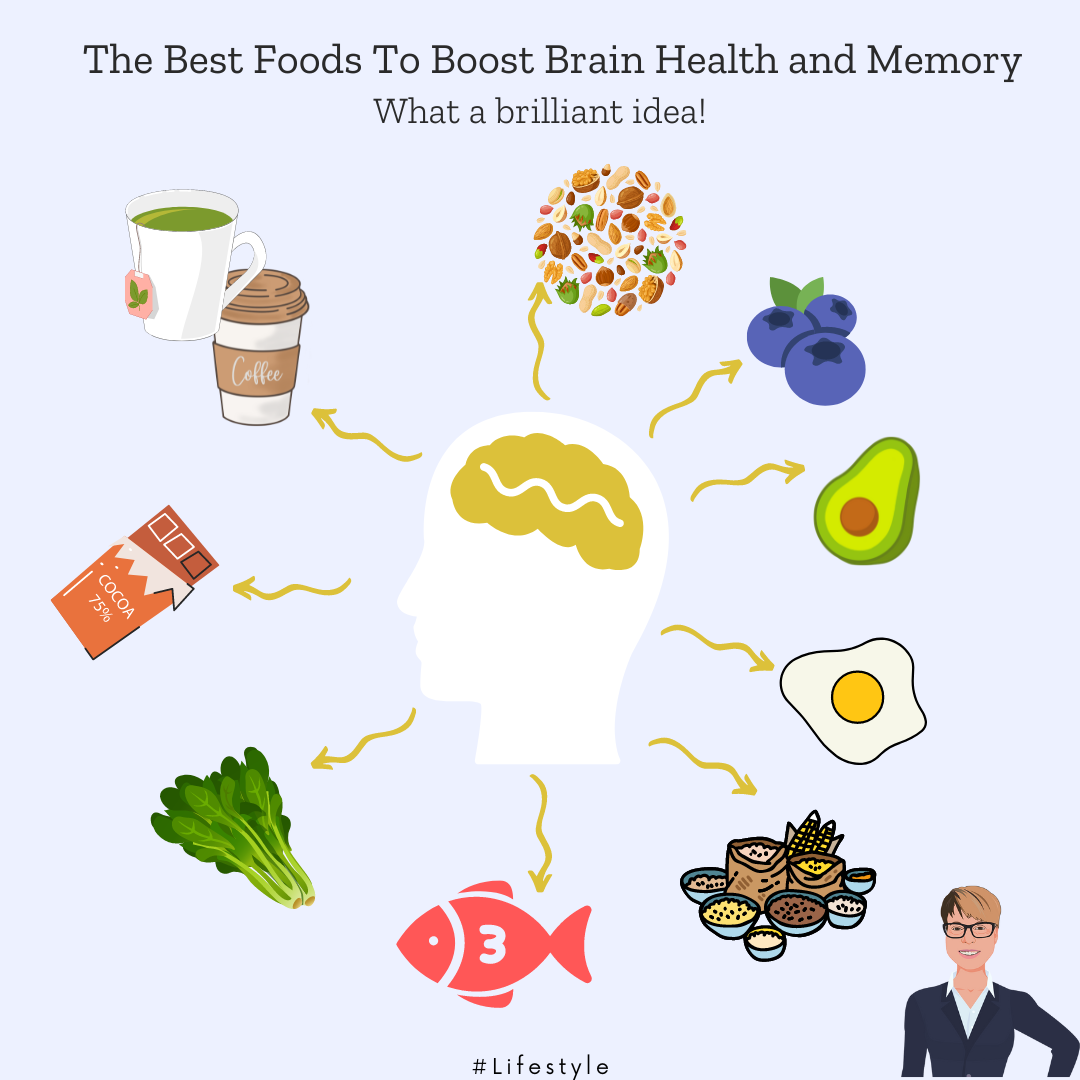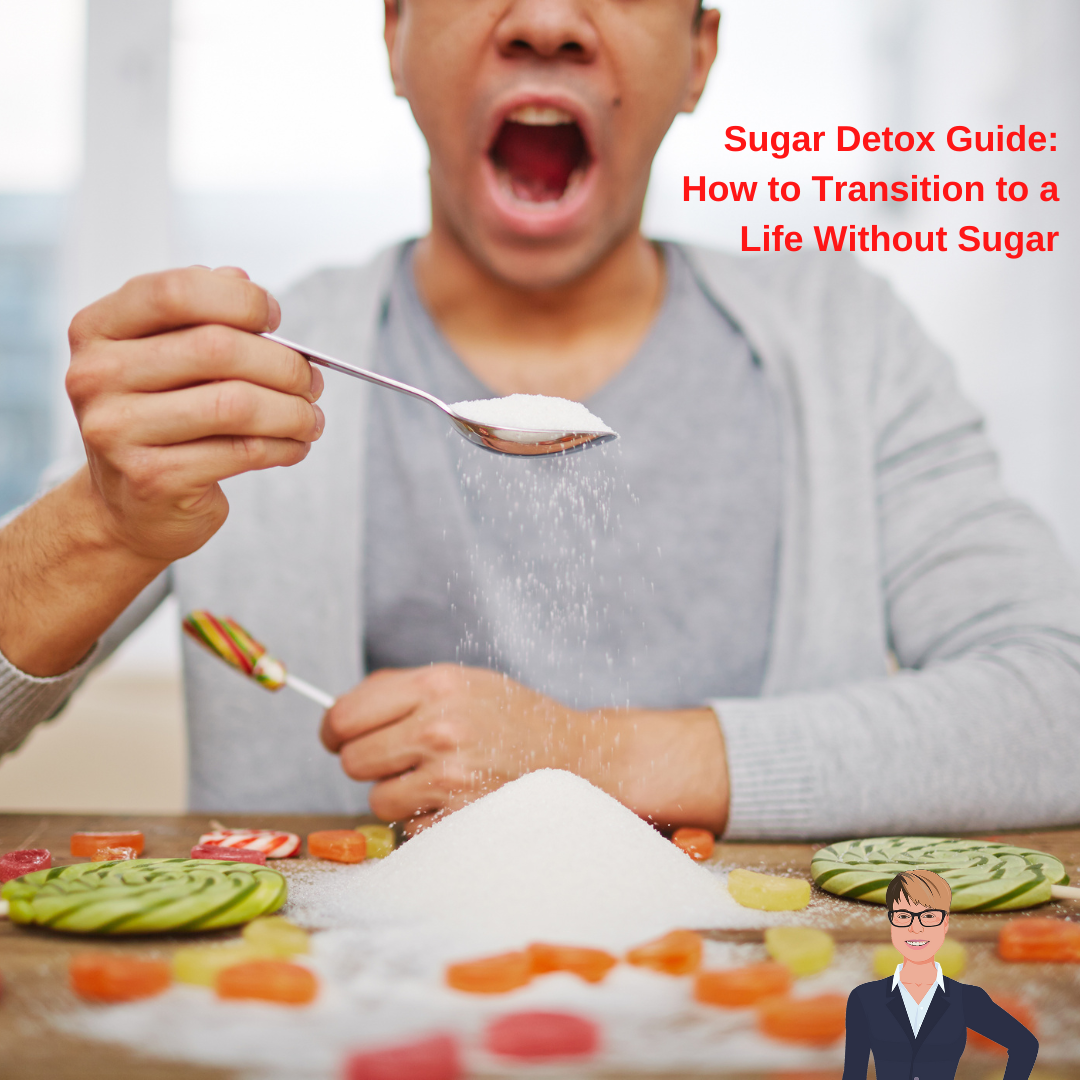You’ve probably heard that your gut is considered your “second brain” and that the gut-brain connection is real.
But did you realize that many brain issues stem from gut issues?
Did you also know that people with poor gut health often suffer from poor brain health?
It’s not uncommon for people dealing with food intolerances, IBS, bloating, or constipation to also experience brain fog, anxiety, memory issues, or mental fatigue.
But why is that? And, more importantly, what can be done about it?
Be sure to read this week’s blog to find out!
Read More
















